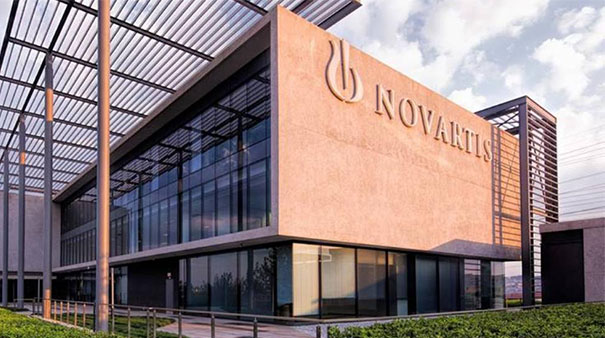Novartis eyes New Year verdict from FDA on delayed Leqvio

Novartis has revealed that the FDA has accepted its resubmission for cholesterol-lowering drug Leqvio – rejected unexpectedly by the US regulator last year – and has set a new action date of 1 January 2022.
The drugmaker refiled its application for Leqvio (inclisiran) earlier this month, trying to get the programme back on track in the US after the FDA took issue with a third-party manufacturing facility producing it. It has since transferred production to its own plant.
Leqvio – acquired via Novartis' near $10 billion acquisition of the Medicine Company in 2019 – is already approved in Europe but getting it on the US market is central to Novartis' hopes of blockbuster sales for the product.
It is a small interfering RNA (siRNA) therapy that works by inhibiting PCSK9 – the same target as Amgen's Repatha (evolocumab) and Sanofi/Regeneron's Repatha (alirocumab) – but is dosed only twice a year rather than every month. Analysts have suggested it could become a $2 billion product.
Leqvio got a green light in Europe towards the end of last year. It has reimbursement approval in Germany but is still awaiting reimbursement in most of the EU, the UK and several other countries, said Novartis in its second quarter results update, which doesn't include any sales figures for the drug.
Novartis is hoping that with Leqvio it will make a mark where PCSK9-targeting antibodies from Amgen and Sanofi/Regeneron have struggled, with sales still struggling to gather momentum despite being on the market for several years.
Novartis' second-quarter update showed that the company is growing well despite the lingering impact of the coronavirus pandemic, with revenues up 14% to $13 billion overall.
Its innovative medicines division climbed 15% to $10.6 billion on continued strong growth for immunology blockbuster Cosentyx (secukinumab) and heart failure therapy Entresto (sacubitril/valsartan), which both benefited from new approvals in the second quarter.
Meanwhile, sales of gene therapy Zolgensma for spinal muscular atrophy shot up more than 50% to $315 million.
Leukaemia dug asciminab filed
Other developments reported in the update included the filing of STAMP inhibitor asciminib to the FDA for adults with Philadelphia chromosome-positive chronic myeloid leukaemia (CML) in chronic phase, previously treated with two or more tyrosine kinase inhibitors (TKIs), as well as patients harbouring the T315I mutation.
Novartis picked up a breakthrough designation for the drug in February on the strength of the phase 3 ASCEMBL trial, which compared asciminib to Pfizer's TKI Bosulif (bosutinib) and found that it nearly doubled the major molecular response (MMR) rate when used in this third-line setting.
Current treatment for these patients relies on first-generation TKI imatinib – sold by Novartis as Glivec but also available as a generic – as well as second-generation drugs such as Bosulif, Bristol-Myers Squibb’s Sprycel (dasatinib) and Novartis’ Tasigna (nilotinib), which made more than $1 billion in the first half of this year.
If approved, asciminib would beef up Novartis’ CML portfolio, which is a big earner for the company. Tasigna made sales of $1.8 billion last year, and despite generics Glivec is still a fairly big seller for the company, bringing in first-half sales of $535 million.












